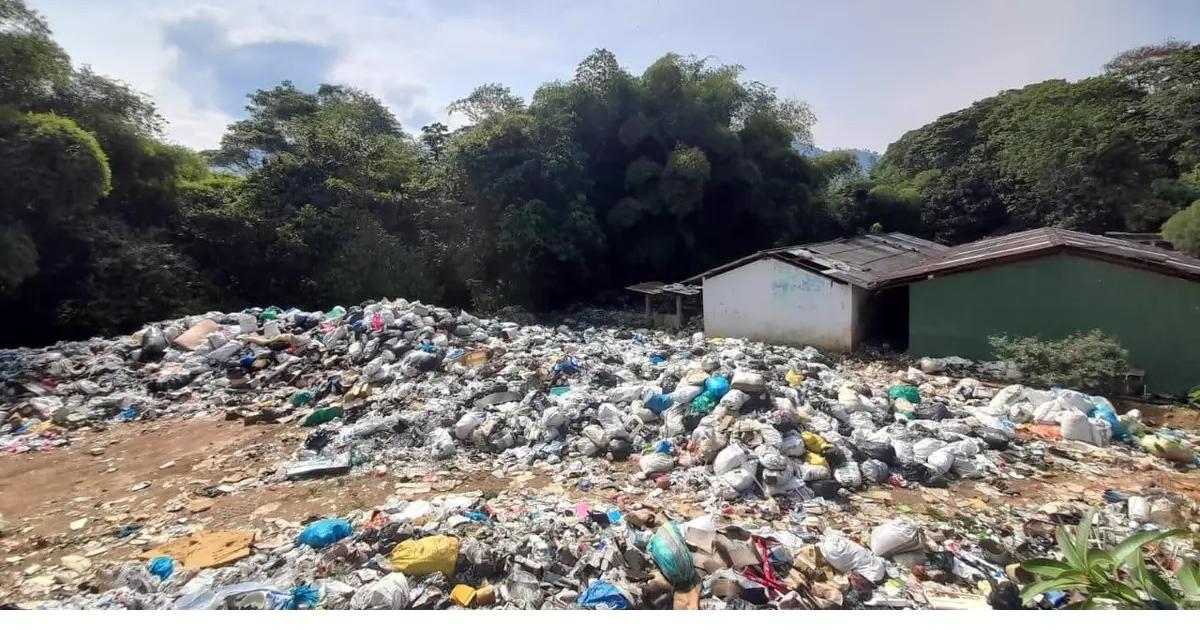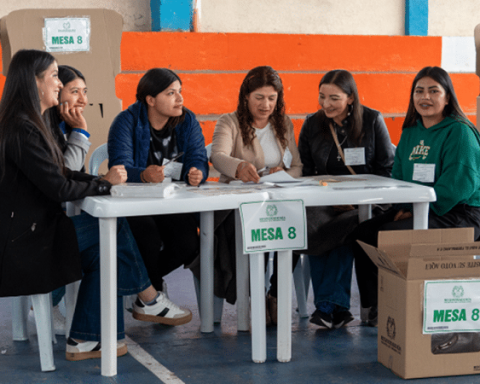Organic waste is the basis for the innovation of these energy generators.
Organic waste is the basis for the generation of these energy generators
According to experts, waste management of agribusiness and livestock sector can boost biomethane in Colombia.
Can read:Minminas gives green light to the marketing of imported gas for essential demand
It is claimed that Colombia, as an agroindustrial and livestock country, It has enormous potential for the generation of biogas and biomethane from organic waste.
For this, according to experts, crops such as bananas, oil palm and sugar cane can be used, as well as bovine and swine manure which are sources of biomass that can be renewable gas contributors.
“The country is looking for sustainable alternatives that They reduce their dependence on natural gas, as part of this uncertain energy world, “says the report.
Based on the calls of attention of the Association of Companies of the Sector such as Naturgas, on the possible increases in the prices of this service, the need to accelerate the diversification of energy sources is made clear.
Based on the figures handled by the Ministry of Mines and Energy, the daily demand for natural gas is located near 1,000 million cubic feet with more than 10 million users connected to the service.
Hence the call to boost the production of renewable and clean gas from organic waste as a strategic solution that would reduce fossil fuel dependence and the impact to the environment, promoting the circular economy in the country.
The renewable energy project structurer in Latin America, Ernesto Gutiérrez de Piñeres, CEO of Seynekun, states that “crop waste such as banana, oil palm, sugarcane and bananas huge amounts of biomass that through anaerobic digestion processes can Generate biogas. ”
“Being purified, transforms into biomethane, a direct substitute for natural gas. Similarly, the livestock sector, with large amounts of bovine and pigs, has a high potential to feed biodigestion plants,” he said.
It may interest you:They declare health emergency for the massive accumulation of garbage in Riohacha streets
In the country, work is being done on the development of biomethane plants in various regions of the country such as Urabá, Magdalena and Santander.
An example is the Urabá, where the creation of a biomethane plant is evaluated that will take advantage of the waste of the bioplanta, a palm oil extractor. While in Magdalena, projects of this type are being developed within an eco -industrial cluster that includes renewable energy generation and waste management.
It is striking that urban waste, which represents a high percentage of waste in lonely fillings of large cities such as Bogotá, Medellín and Cali, can be transformed into clean energy.
Experts indicate that most waste contributes to environmental pollution, but through adequate processes they could become biogas and contribute to a circular economy.
They stressed that one of the advantages, offered as well as financial support mechanisms that improve the economic viability of these initiatives.
Source: Integrated information system


















